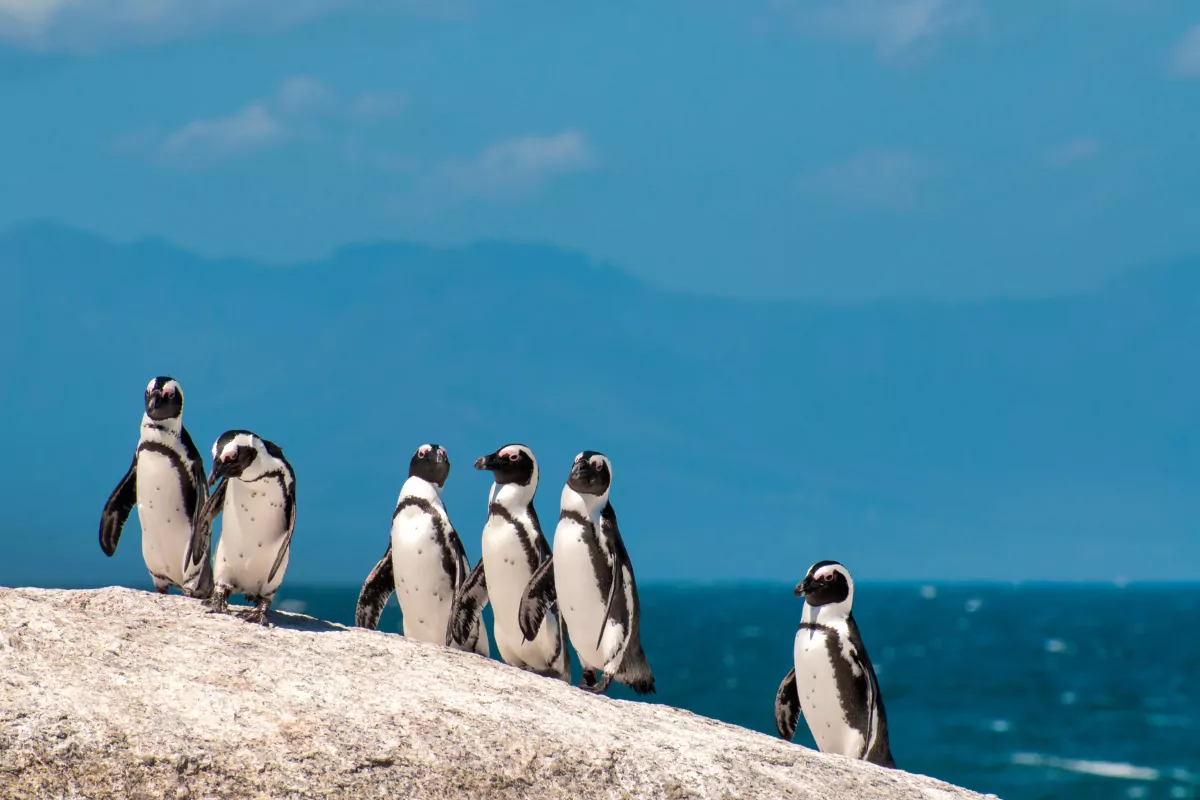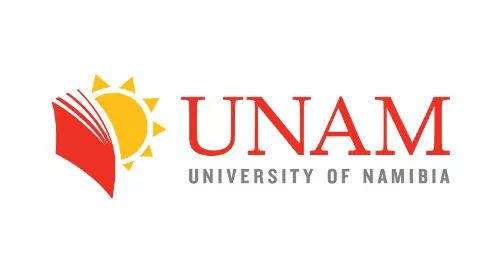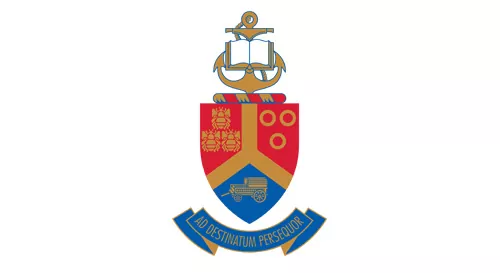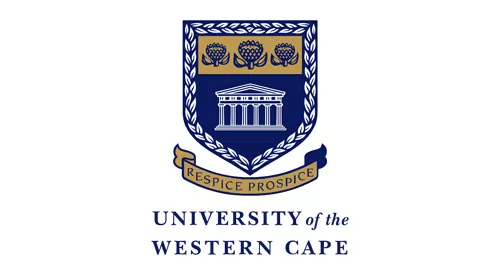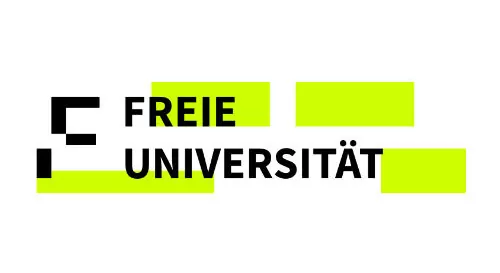African penguins are vital components of the coastal biodiversity, serving as bioindicators of ecosystem health and making significant contributions to the Blue Economy. Despite their importance, their population has declined by over 95% in the last 100 years, primarily due to a combination of human local stressors and the effects of climate change. Some predictions suggest they could face extinction in the wild within the next 20 to 80 years. Conservation efforts thus far have been hindered by knowledge gaps, fragmented management, and questions surrounding stakeholder buy-in. The project focused on optimising conservation policies through active engagement with key stakeholder groups, including researchers, local residents, and fishermen. A key component of the project was the avian influenza initiative, aimed at tracking and understanding health patterns of African penguins. Penguins developed tools for monitoring and managing the penguin population, thereby establishing a crucial foundation for contributing knowledge and skills in the fight against their extinction.

